Ernst & Young lifts lid on cloud and BYOD compliance challenges
Advisory firm's IT forensics team talks about the regulatory issues thrown up by two major tech trends.
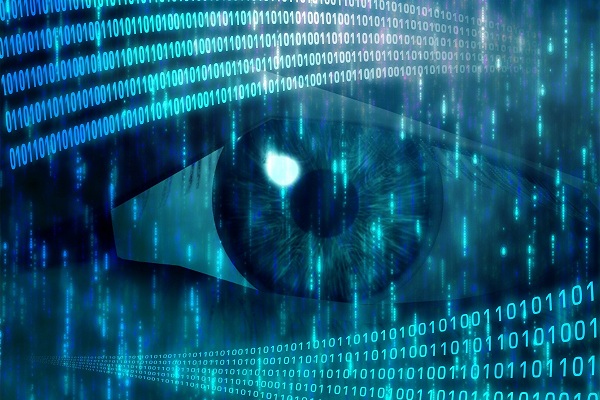
Ernst & Young has shed some light on the impact cloud and the bring your own device (BYOD) trends are having on companies' abilities to comply with software licensing and data protection laws.
The advisory firm's fraud investigation and dispute services division uses IT forensics to help firms get to grips with regulatory compliance issues, investigate data breaches and, generally, safeguard their business assets.
As the number and type of devices in the workplace grows, this means there are lots of other places we can look for evidence.
Speaking to IT Pro, Simon Placks, the division's director, explained: "Forensics is all about looking underneath the surface and getting a really good idea about how someone's using their machine.
"It's quite easy to see if someone has a piece of pirated software installed on their system now, but forensics can reveal what was on that computer three weeks ago and where it came from, even it's been deleted, for example."
Although the BYOD trend means there is now a wider range of machines being used in the workplace to analyse, Placks said it also makes it easier to trap employees that are using software they should not be.
This is because, even if the user thinks they have wiped the device, there are usually telltale traces of the software left behind.
Sign up today and you will receive a free copy of our Future Focus 2025 report - the leading guidance on AI, cybersecurity and other IT challenges as per 700+ senior executives
"As the number and type of devices in the workplace grows, this means there are lots of other places we can look for evidence.
"People might know how to delete their tracks on a Windows system, but they might not know how to do that on an iPad," he added.
BYOD often poses software licensing issues for firms, because it makes it harder for them to keep track of the number of licenses they have within their organisation.
"Most companies do not want to be non-compliant, because pirated software can have all sorts of malware on it...but the complexity of managing all their software deployments and licensing regimes means things sometimes fall through the cracks," he explained.
"For instance, a lot of companies had to restructure during the downturn and whenever companies go through that kind of process, it poses problems for their software estate."
Keep it in the cloud
From a data security standpoint, the proliferation of cloud storage providers is also a major cause of concern for Ernst and Young's clients, revealed Placks.
"[The cloud] has become the new way to take data out of an organisation. Webmail services are a bit like USB ports, in that they can be locked down or you can block access to half a dozen of the most common providers," he explained.
"In the case of cloud storage services, there are so many vendors and providers out there, it is very difficult for IT to lockdown all of those exit points."
However, by monitoring what data is being moved into these cloud-based repositories, it is not difficult to work out whether or not employees are up to no good.
"If an employee is using a cloud storage service, it will leave a trail on their system," Placks added.
-
 Rebooting your BYOD strategy
Rebooting your BYOD strategyIn-depth With hybrid working becoming the norm, there's a need for a device management overhaul. What does BYOD 2.0 look like?
-
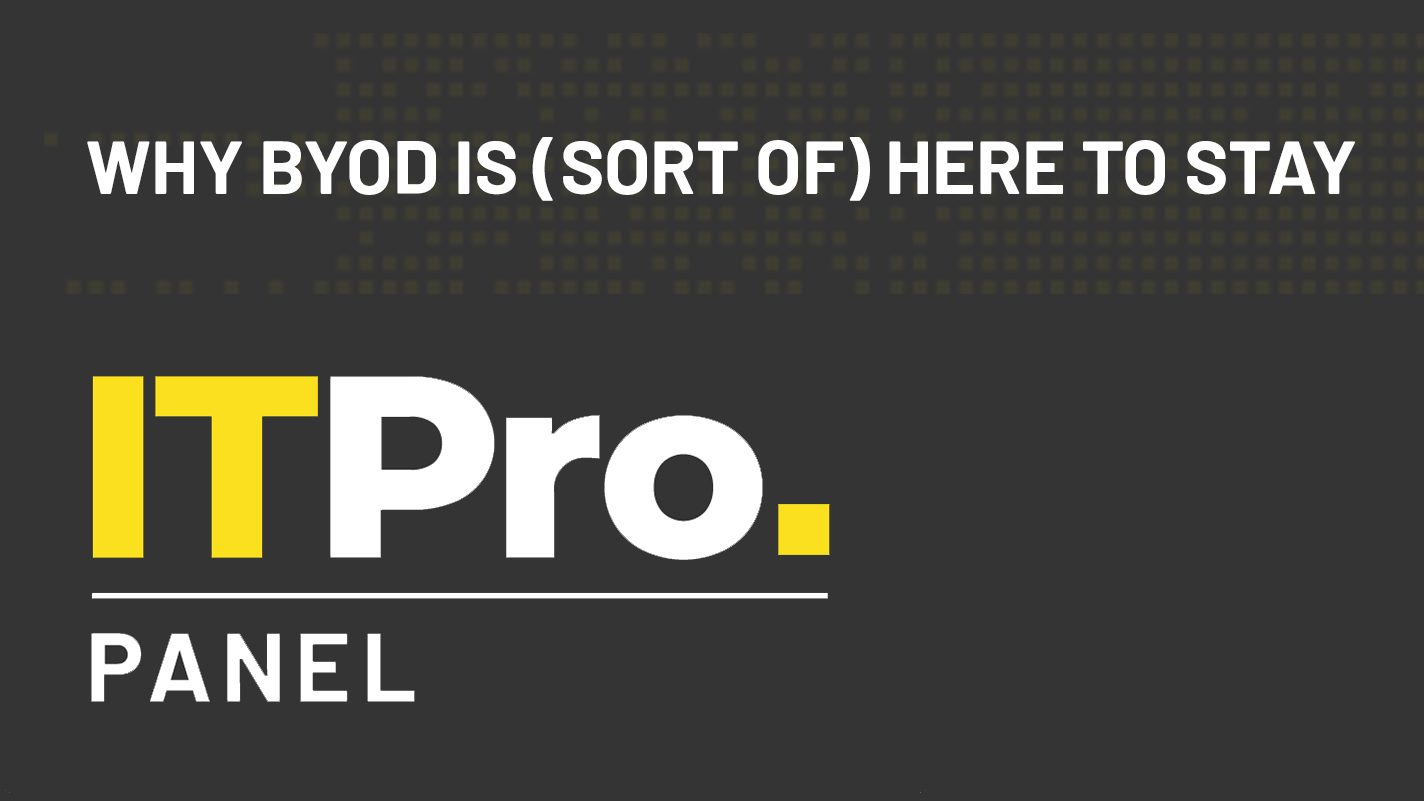 IT Pro Panel: Why BYOD is (sort of) here to stay
IT Pro Panel: Why BYOD is (sort of) here to stayIT Pro Panel CIOs explain why they aren’t going all-in on personal devices
-
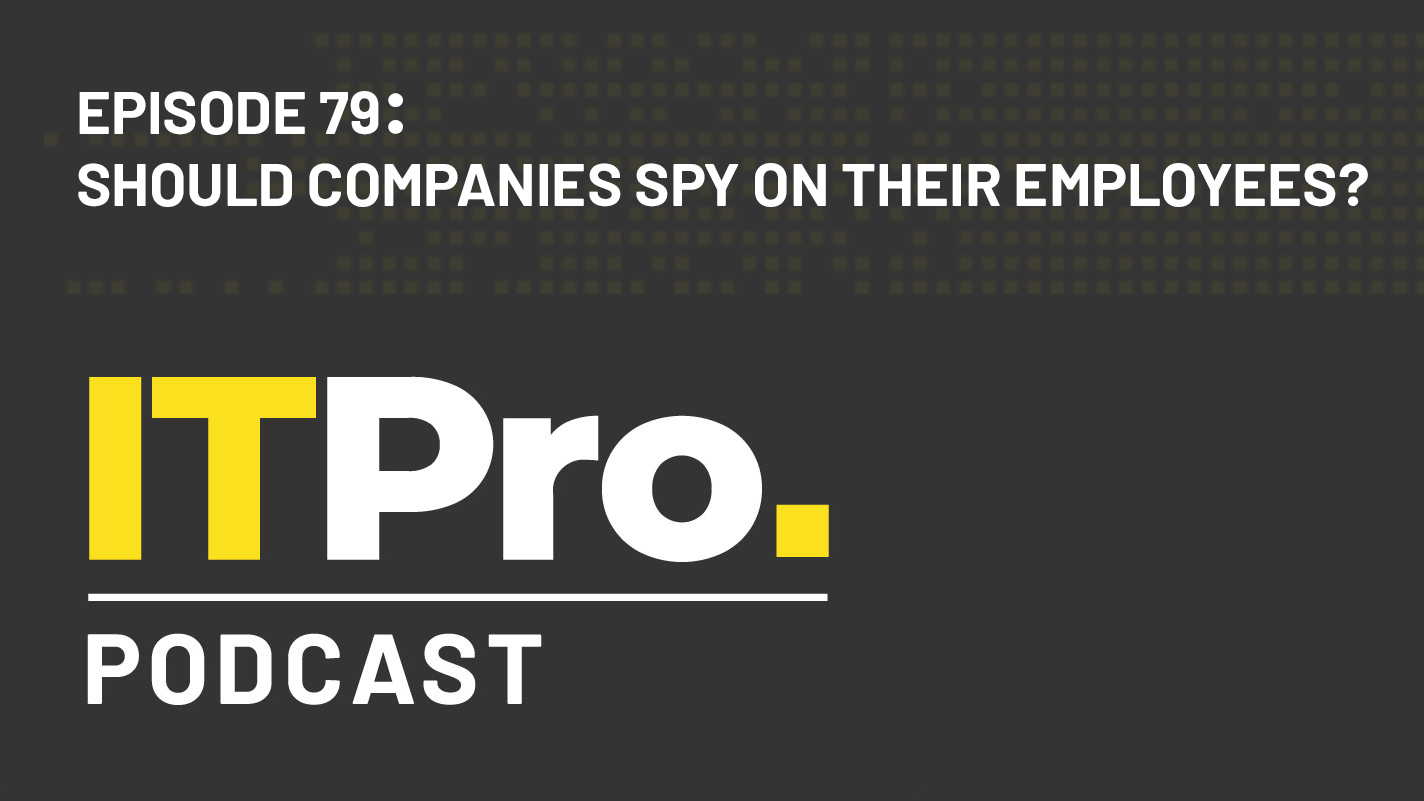 The IT Pro Podcast: Should companies spy on their employees?
The IT Pro Podcast: Should companies spy on their employees?IT Pro Podcast Where’s the line between security and surveillance?
-
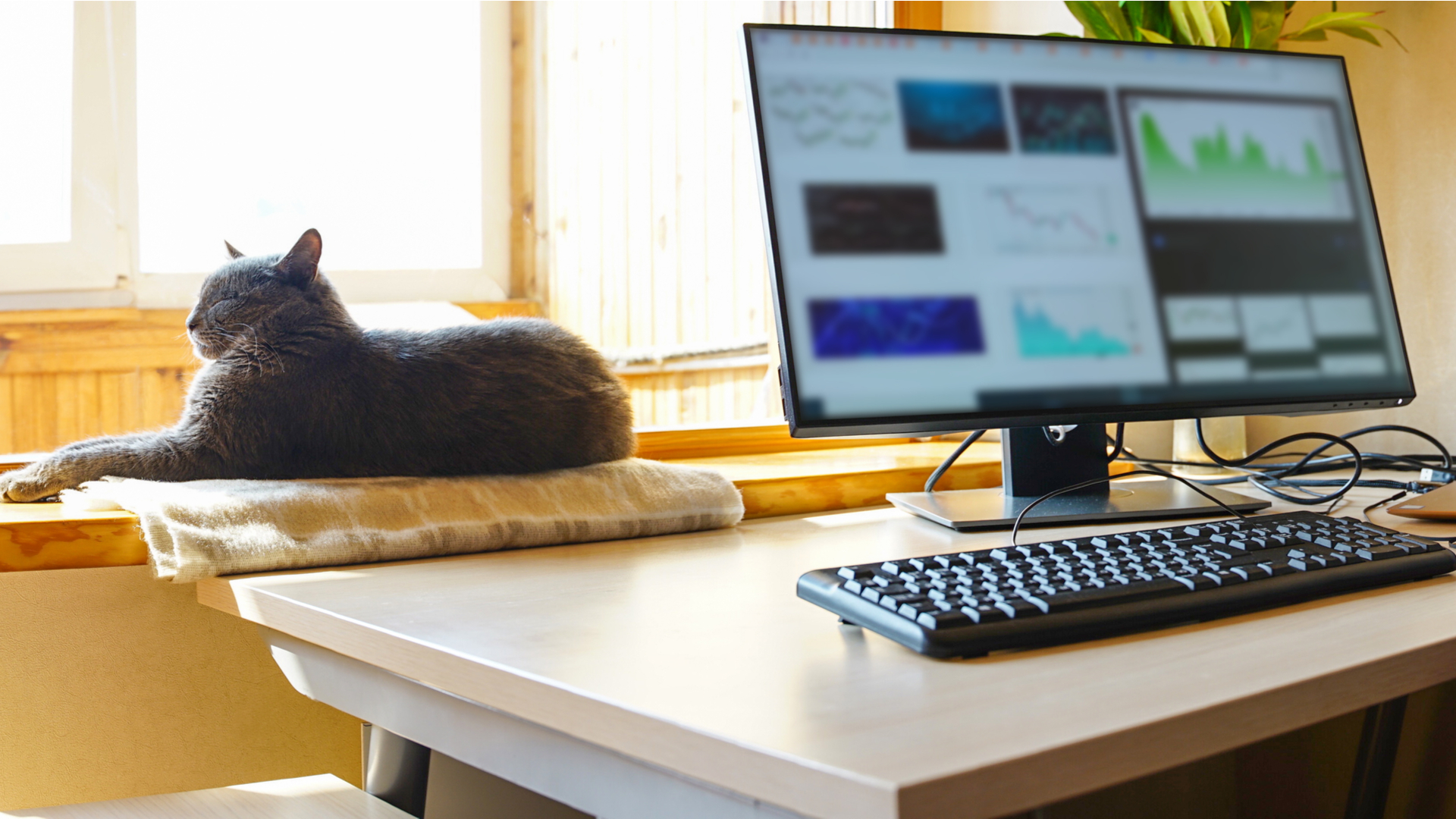 What are employers' responsibilities when we use personal tech to work from home?
What are employers' responsibilities when we use personal tech to work from home?In-depth With many more months of lockdown ahead of us, and workers reluctant to return to the office full time, it's time to think about roles and responsibilities
-
 What is the 'personalisation of IT'?
What is the 'personalisation of IT'?In-depth With millions of people using personal devices for professional purposes while working from home, consumerisation has entered a new phase
-
 WhatsApp delays controversial privacy update for businesses
WhatsApp delays controversial privacy update for businessesNews Users were asked to share data with WhatsApp’s parent company Facebook in order to continue using the service
-
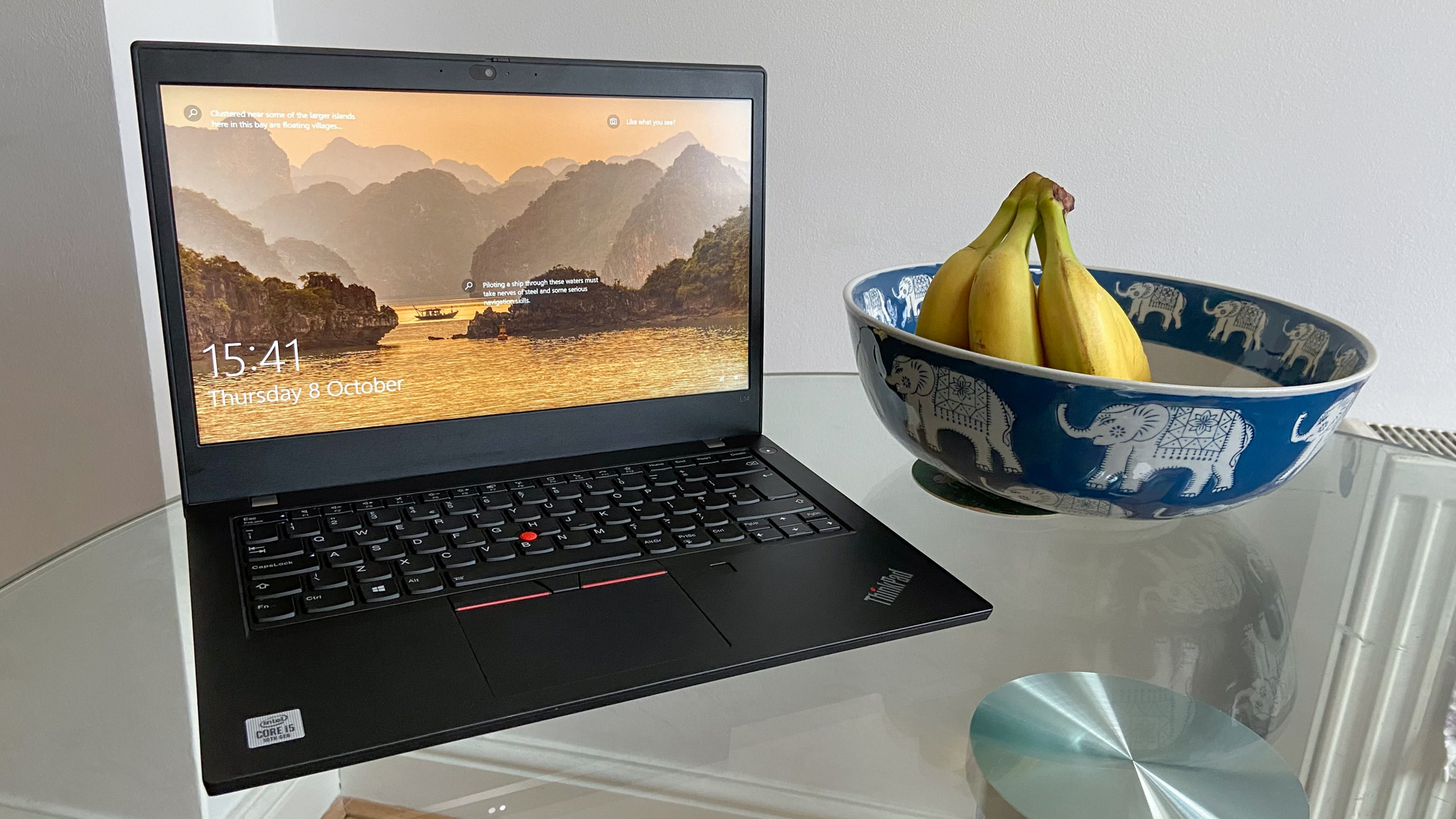 Lenovo ThinkPad L14 review: It’s not right but it’s okay
Lenovo ThinkPad L14 review: It’s not right but it’s okayReviews Pleasant enough for simple office tasks
-
 The consumerisation of IT continues apace – here’s how your business can benefit
The consumerisation of IT continues apace – here’s how your business can benefitIn-depth BYOD may be a fact of business, but there are still more ways organisations can grow by embracing consumer tech

